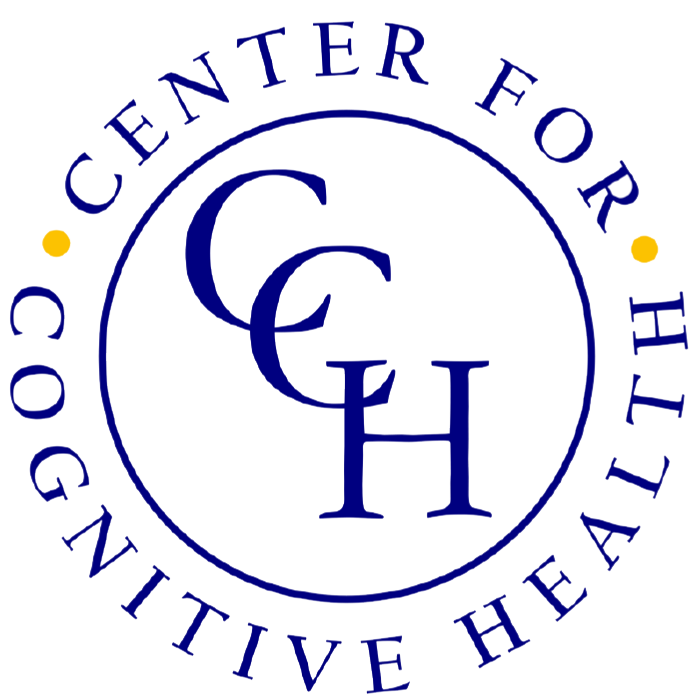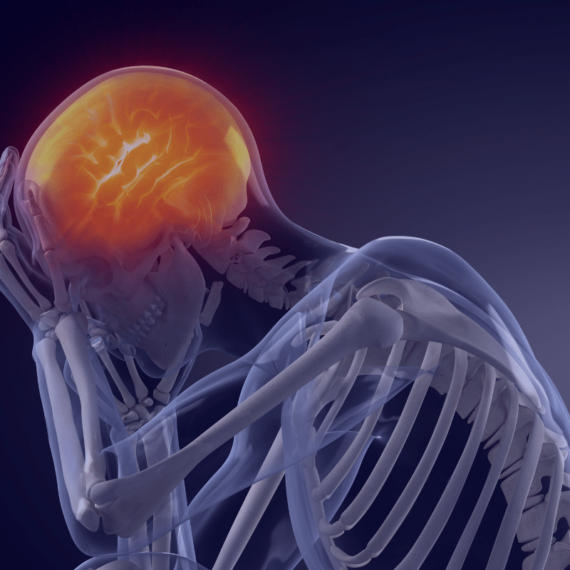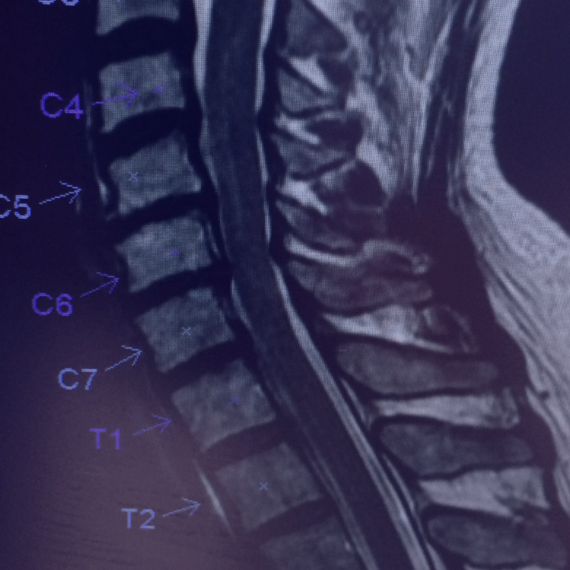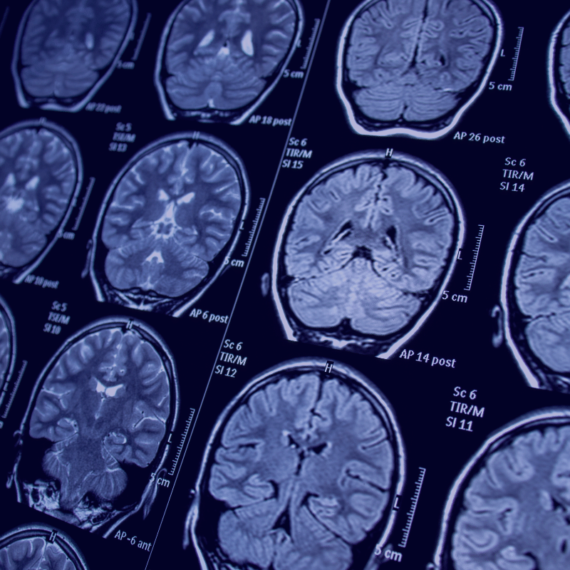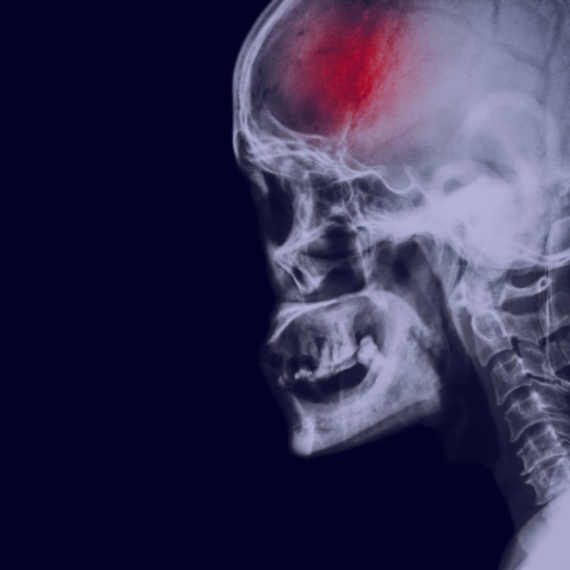What is Dementia?
Dementia is a condition that causes difficulties in a person’s thought processes such as memory and decision making. It is thought to be progressive and chronic in nature. Current estimates approximate that more than 7 million people ages 65 or older were diagnosed with dementia in 2020. Although it is common for people to have dementia as they get older, it is not a typical part of aging. Symptoms can start slowly and be mild in nature, but they can progress to be more debilitating and require people to be more dependent on others.
